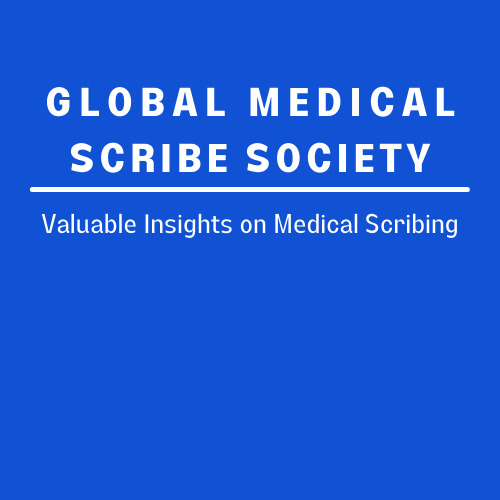
The changing landscape of behavioral and mental healthcare demands heightened time efficiency from psychiatrists to manage the increasing patient load. A staggering statistic highlights the magnitude of the challenge – more than 44 million American adults are afflicted by mental health problems. As the demand for services surges and patients flock to mental health clinics seeking help, psychiatrists find themselves not only stretched thin in providing care but also caught in the extensive documentation and compliance requirements. As mental health care is heavily reliant on narrative documentation, EHRs continue to be pain point for psychiatrists. In a bid to alleviate this documentation burden, some psychiatrists have turned to medical scribes, to focus on patient encounters rather than computer screens.
The Pain Points in Mental Healthcare Delivery
Psychiatrists today face a demanding schedule, often seeing 25 to 30 patients daily, along with their families. Unlike some medical specialties, psychiatry appointments require more time, emphasizing the importance of avoiding rush and overwhelm while ensuring patients feel heard. The unique challenge in psychiatry lies in the absence of medical tests for mental illnesses. Instead, psychiatrists rely on conversations with patients to understand their symptoms and concerns. This involves asking a multitude of questions to arrive at a precise diagnosis and treatment plan. Amid these responsibilities, one task that many psychiatrists find cumbersome is creating clinical notes. However, it is an indispensable aspect of their profession, especially for those who handle medication management and need to adhere to documentation requirements associated with CPT Code 99214. To alleviate the burden of documentation, the use of scribes in psychiatry is gaining prominence.
The Distinctive Nature of Psychiatric Evaluations and the Role of Scribes
Psychiatry sets itself apart from other medical specialties by lacking laboratory tests, brain scans, or x-rays to confirm mental disorders. The reliance on pure clinical judgment makes the psychiatrist’s role all the more challenging. Building a strong rapport with patients is essential to extract the necessary information during a detailed interview. This information encompasses symptoms, thoughts, feelings, behavior patterns, and life history, all of which contribute to an accurate diagnosis. The psychiatric interview is a complex endeavor that requires empathy, precise questioning, consideration of diagnostic criteria, and simultaneous documentation. Psychiatrists must strike a delicate balance, as efficient typing should not compromise patient care quality. This is where psychiatry medical scribes come into play. With scribes handling documentation, psychiatrists can focus solely on gathering information to ensure precise diagnoses and treatment planning.
Combatting Burnout Among Psychiatrists
It may come as a surprise that psychiatrists are more susceptible to burnout than physicians in other specialties. Administrative demands and excessive workloads rank among the top stressors. Overt bureaucracy, heavy workloads, and limited personal time have driven some psychiatrists into early retirement or deterred prospective medical students from pursuing psychiatry careers. Surveys also highlight the stress associated with after-hours work, long shifts, extensive paperwork, and the delicate balance between personal and professional lives. Experts recommend the integration of medical scribes to address these burnout contributors. By delegating paperwork responsibilities, psychiatrists can reduce their workloads, fostering stronger physician-patient relationships, which are the cornerstone of effective care.
The Impact of Covid-19 on Mental Health
The ramifications of Covid-19 on mental health are profound and long-lasting. Experts suggest that the mental health issues stemming from the pandemic could endure for a generation. Many psychiatrists have reported a surge in people seeking mental health support during and after the pandemic. This is not surprising, as the global health crisis has not only triggered anxiety and depression but also exacerbated existing mental health conditions. Mental health professionals now face the pressure of accommodating a significantly increased patient load. Managing this influx means dealing with extensive paperwork daily. In this context, medical scribes can prove invaluable. They can handle the documentation, allowing psychiatrists to focus on listening to their patients’ stories. After all, the most potent diagnostic tool a psychiatrist possesses is their ability to listen and respond to their patients, rather than being tied to a computer.
In Conclusion, Psychiatrists are dedicated to treating individuals with mental health disorders, but their own mental well-being is equally important. Physicians in general and psychiatrists in particular, are at a higher risk of experiencing work-related stress and burnout, largely due to administrative demands and excessive workloads. However, there is a solution. Instead of struggling with documentation demands, psychiatrists can take the help of psychiatry medical scribes from Scribe4Me. These professionals can shoulder the burden of electronic health record (EHR) documentation, allowing psychiatrists to focus on actively listening to their patients’ stories, crucial to making accurate diagnoses.
